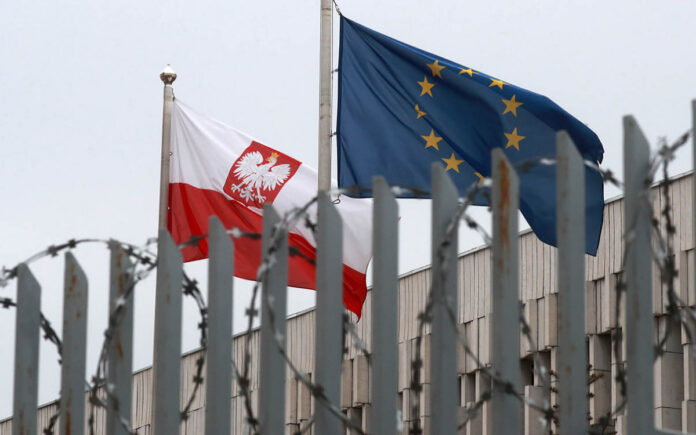Warsaw: Poland’s foreign minister, Radosław Sikorski, has issued a resounding caution concerning potential Russian aggression towards NATO member states. In an interview with the German newspaper Bild, Sikorski delved into the historical context and current geopolitical tensions, stressing the grave repercussions Russia would invite by attacking Poland or any NATO ally.
Sikorski’s remarks surface amidst escalating threats from Russian officials regarding potential strikes on NATO nations, particularly in response to their support for Ukraine amid the ongoing conflict. This tension is further compounded by incidents such as Russian cruise missiles breaching Polish airspace during attacks on western Ukraine.
Also Read | Concerns Escalate Over Missing Cache of Arms from Colombian Military Bases
The Polish minister left no room for ambiguity regarding the consequences of Russian aggression: “Poland ‘wouldn’t be surprised at all’ if Russia attacks, but it will ultimately lose because it is much weaker than the West,” Sikorski asserted. He continued, emphasizing, “Russia has attacked Poland many times in the 500 years of our history. But in this scenario, Russia will lose, because we, the West, are far more powerful than Russia.”
Sikorski also underscored the critical situation in Ukraine, drawing parallels with historical events: “We have a choice: either we have a defeated Russian army outside the borders of Ukraine or a victorious Russian army on the border with Poland. And what Putin would do then is what Hitler did with Czechoslovakia; he would take the industry and the people in Ukraine and mobilize them to keep going. It is better to stop Putin in Ukraine, 500 to 700 kilometers [310 to 435 miles] east of here.”
Also Read | Russia Refutes US Allegation of Breaching Chemical Weapons Ban in Ukraine
Meanwhile, Russian officials, including President Vladimir Putin and Defense Minister Sergei Shoigu, have publicly dismissed the notion of Russia intending to attack any NATO member. Putin labeled such suggestions as “sheer nonsense,” while Shoigu asserted, “The Russian Federation has never threatened NATO. We have neither geopolitical nor military interests to attack the states of the bloc. We are simply protecting our people in our historical territories.”
The divergence between NATO’s vigilance and Russia’s denials underscores the intricate and often tense dynamics defining the international relations landscape in Eastern Europe. As the situation unfolds, the global community remains vigilant of any developments that could precipitate shifts in the regional power balance or the broader security environment.



